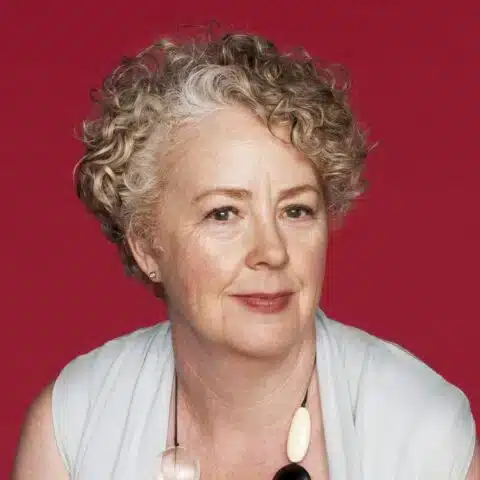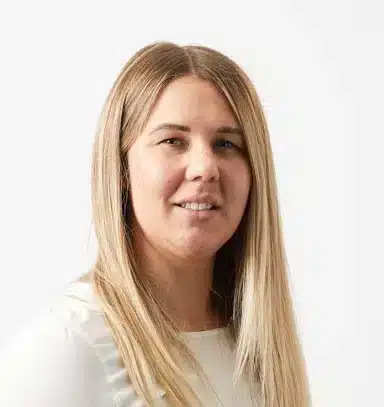Breast cancer is a disease that can affect anyone, no matter their sexual orientation or gender identity. Whether you’re straight, lesbian, gay, bisexual, transgender, queer or gender diverse, cancer doesn’t discriminate.
Despite this, however, many people in the LGBTQI+ community are reporting they feel invisible when it comes to their cancer care or representation in cancer research.
There’s a critical need for far-more inclusive research into breast cancer, and one recent study attempting to fill this gap has come out of the University of Western Sydney, with researchers looking into LGBTQI+ experiences of cancer and cancer care to reveal some important findings.
According to the ‘Out with Cancer’ study, cancer patients in the LGBTQI+ community are 4 times more likely to report distress, and 90 per cent of the people surveyed said they’d experienced discrimination in their general lives which led to fear of how they would be treated by health professionals.
“There’s growing acknowledgement that LGBTQI+ people are invisible in cancer research and cancer care. And there have been a lot of calls for increasing attention to our population, but until recently, there’s been very little research in this area and it’s been mostly very small scale or had a very narrow focus”, said the study’s lead investigator, Professor Jane Ussher, while speaking at Breast Cancer Trial’s latest Q&A webinar.

Professor Ussher said that in the study, they looked across genders, ages and cancer types, but breast cancer was their biggest participant group.
“We had 650 LGBTQI+ people and their carers. We also looked at health care professional experiences, and we did an audit of all the online cancer information resources in Australia and also all the LGBTQI+ resources that exist internationally,” said Professor Ussher.
“We found that 40 per cent of participants reported high or very high distress and that compares to about 7-10 per cent in the general population. So,this is a really vulnerable population psychologically.”
Professor Ussher said that this high level of distress was most reported in trans people, younger people and those who live in rural areas. And, sadly, it seems the participants’ concerns weren’t completely unfounded as she says the study came across “a lot of accounts of hostility on the part of homophobic or transphobic clinicians.”
Adding to why these findings are even more alarming, Professor Ussher says “LGBTQI+ people have higher rates of cancer due to lifestyle factors such as smoking and alcohol use and lower rates of pregnancy in women. There’s also lower rates of screenings, so it’s a higher risk group in terms of having cancer.”
One clinician working hard to create a safe space for breast cancer patients in the LGBTQI+ community is Dr Elizabeth Blackley, who says she never assumes her patients’ identities until they tell her, as everyone can get breast cancer.
“Most breast cancer is related to two things that none of us can actually change,” Dr. Blackley says. “The most common reason is that we’re getting older, and the second reason is that we’re women– and that includes all women because it’s related to our hormonal profile.”
“I personally always ask patients very open questions. I don’t ever assume. I ask them who’s at home, who’s on your support team, who’s in this with you. And when people walk into the room with another person, I don’t ever assume who that other person is.”

Dr. Blackley also acknowledges that even though she might not have immediate answers to all the questions thrown her way, she’s open to having her LGBTQI+ patients educate her on what’s important to them, and knows of many resources and areas of support to direct them towards.
“I treat people the same regardless [of their gender or sexual identity]. It’s about making sure they’re supported and feel comfortable in terms of discussing all aspects of their treatment.”
“It’s our job to provide a safe and open dialogue with our patients so that there’s transparency on both sides of that relationship.”
Join Breast Cancer Trials’ next free and online Q&A, happening Wednesday 26 July. The session will be on the topic of breast cancer in the Indigenous, Maori and Pasifika communities. To register, click here.

